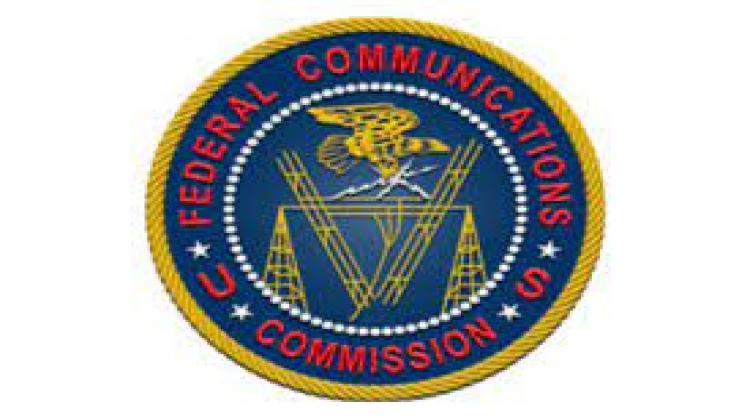Senate Bill Would Make Edge Providers Contribute to Universal Service Fund
August 4, 2021 | by Andrew Regitsky

The quarterly contribution factor for the Universal Service Fund (USF) is getting out of hand. Just three years ago it was 17.9 percent. Today it is 31.8 percent. There are many reasons for this. The Fund has grown over the years to nearly $10 billion annually as money has been required to support broadband, health care and schools and libraries in rural areas. But there are also issues with the USF contribution method and the type of companies that contribute.
Currently, all telecommunications service providers including wireline phone companies, wireless phone companies, paging service companies and interconnected VoIP providers must contribute to the Federal USF based on a contribution factor percentage of their interstate and international end-user telecommunications revenues. The problem is these revenues are declining. According to the National Taxpayers Union, telecommunications revenue has shrunk from $72.3 billion in 2010 to $47.5 billion in 2019 as customers are increasingly switching to IP-based alternatives that do not pay into USF. The FCC has been aware of these declining revenues for years and has considered changing the contribution methodology to one based on either working phone numbers or equivalent circuits. Unfortunately, the industry never coalesced around one methodology and the data used in the proceeding in which a new contribution methodology was considered, has gone stale. If the Commission started a new proceeding, it would take years to complete and implement.
Another way to share the burden of universal service is to broaden the contribution base to include Internet edge companies. Recently three Republican Senators, Senators Roger Wicker, Shelley Moore Capito, and Todd Young introduced the Funding Affordable Internet with Reliable Contributions bill. The FAIR Act. It would direct the FCC to study and report to Congress on the feasibility of funding the Universal Service Fund through contributions from Big Tech edge companies. Where an edge company is defined as a provider of online content or services, such as a search engine, a social media platform, a streaming service, an app store, a cloud computing service, or an e-commerce platform
According to Sen. Wicker:
More consumers are moving to internet-based services. This raises concerns about the sustainability of fees collected from consumers’ telephone bills, which support broadband deployment in underserved areas. As online platforms continue to dominate the internet landscape, we should consider the feasibility of Big Tech contributing to the USF to ensure rural areas are not left behind as we work to close the digital divide. (July 21, 2021, Senate Press Release).
The FAIR Act would do the following:
Direct the FCC to issue a Notice of Inquiry seeking public comment on the feasibility of collecting USF contributions from Internet edge providers and issue a final report on the matter within 180 days.
Require the FCC to consider:
Possible sources of Big Tech revenue, such as digital advertising and user fees;
The fairness of the current system and a system under which contributions could be assessed on Big Tech firms;
The feasibility of assessing contributions on such a broad category of firms that do not currently register with the FCC;
The effects such a change would have on Tribal, low-income, and elderly consumers; and
The changes to current law necessary to implement this system.
There are many potential problems with including Big Tech in the universal service fund. including how contributions would be calculated, and which revenues should be subject to contributions? Most importantly however, are the legal issues. What is the justification for enabling the FCC to require non-telecommunications companies to the Fund? Would such companies be regulated like a Title II utility or a Title I information service provider?
Congress can do anything it wants, of course, including requiring all Internet companies to pay into the Fund. However, it makes more sense for Congress to think more broadly and seriously consider updating the 1996 Telecommunications Act. It makes little sense to jam individual changes to an Act written 25 years ago in which the Internet is barely mentioned into the on-line world we live in today.

